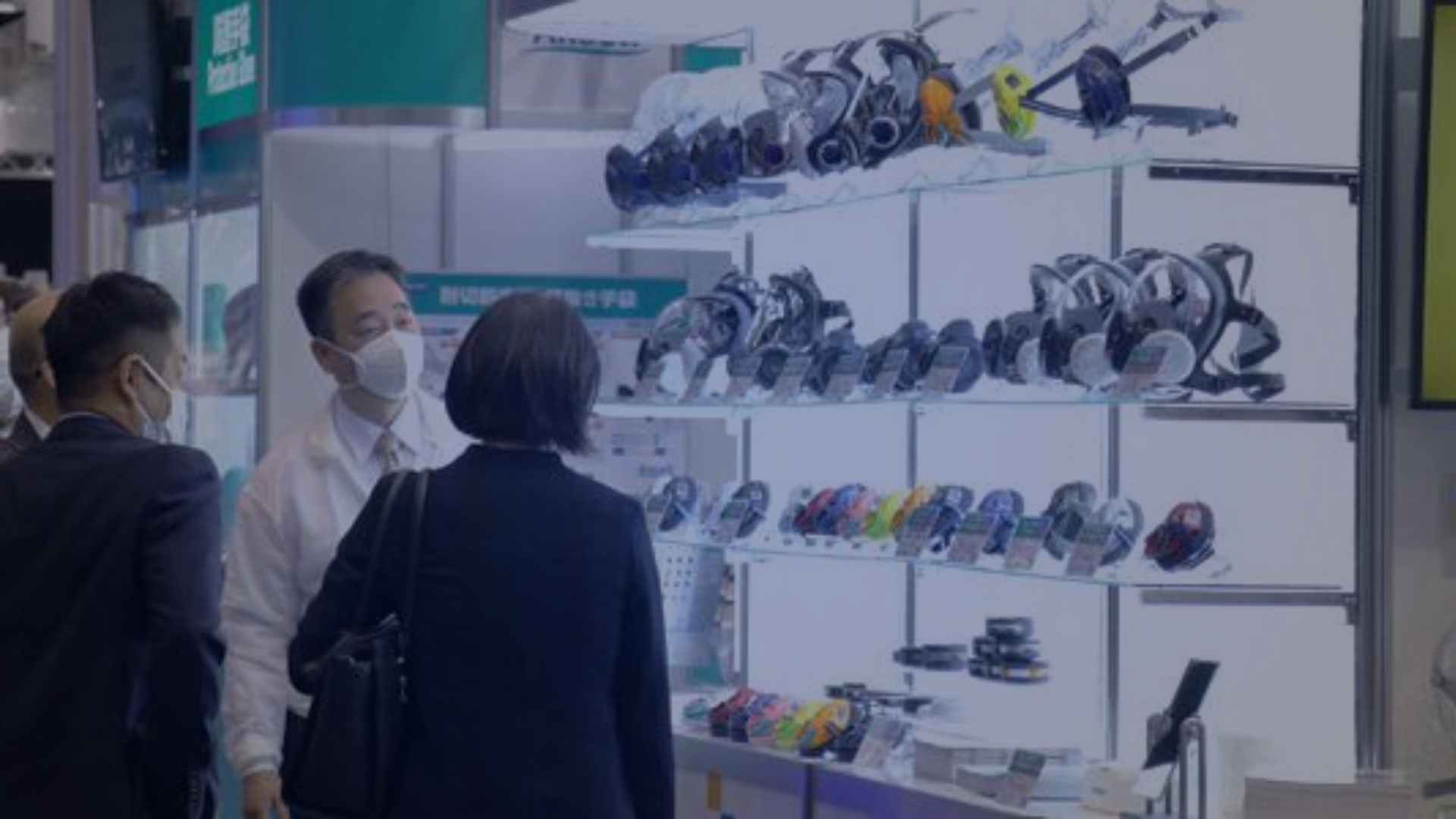Filters play a critical role in respirators by trapping airborne particles to protect users from hazardous substances. The two main types used in respirators are mechanical filters and electrostatic filters. While both serve the purpose of filtration, their mechanisms, efficiency, and suitability in various conditions differ significantly. Below is a comprehensive comparison and an argument for the superiority of mechanical filters in many applications.
How They Work
Mechanical Filters
Mechanical filters use tightly packed fibers or a mesh structure to physically block particles larger than the filter's pore size. This process is highly reliable, as it does not depend on additional forces like electric charges. They often include pleated designs to increase surface area, enhancing filtration efficiency without increasing airflow resistance.
Mechanical filters are highly effective across a wide range of particle sizes, including the most penetrating particle size (around 0.3 microns) due to mechanisms such as inertial impaction, interception, and diffusion. They also maintain their efficiency in humid or contaminated environments, where their hydrophobic properties help prevent clogging and liquid penetration.
Electrostatic Filters
These filters use fibers with an electrostatic charge to attract and capture particles. The charge provides an additional trapping mechanism, making the filters lightweight and offering lower initial airflow resistance. However, their effectiveness diminishes over time and in humid conditions, as moisture neutralizes the static charge and compromises the filter’s efficiency.
Performance Comparison
Filtration Efficiency
Mechanical filters consistently achieve higher filtration efficiency, especially under demanding conditions. Studies show that pleated mechanical filters can retain over 99.999% of particles, even under stress from moisture and prolonged use. In contrast, electrostatic filters often lose effectiveness when exposed to moisture, allowing particles and even water droplets to pass through at lower pressures (as little as 2-3 mbar).
Durability and Longevity
Mechanical filters are more durable because their performance relies on physical sieving rather than an electrostatic charge. They are less affected by environmental factors, making them suitable for long-term use in diverse conditions, such as high humidity or dust-laden air.
Safety in Medical and Industrial Settings
For critical applications like medical or industrial use, mechanical filters provide a more reliable barrier against pathogens and contaminants. Electrostatic filters, by contrast, may fail in environments where moisture is present, such as in medical ventilators or during heavy respiration.
Resilience to Humidity
Moisture significantly affects electrostatic filters by neutralizing their charge, whereas mechanical filters maintain their performance even when damp, making them ideal for environments with variable humidity levels. Electrostatic filters rely on an electrical charge to trap particles. In humid environments, moisture in the air can neutralize this charge, causing a significant drop in filtration efficiency. Studies indicate that even low levels of humidity can degrade the performance of electrostatic filters, allowing particles and water droplets to bypass the filter. Mechanical filters use physical barriers—such as tightly packed fibers or a hydrophobic mesh—to trap particles. These filters are unaffected by humidity, maintaining their effectiveness even when exposed to water vapor or condensation.
Broader Particle Capture
Mechanical filters effectively capture both large and ultra-fine particles through multiple filtration mechanisms, ensuring consistent performance across a wider range of particle sizes.
Regulatory Recommendations
Standards for critical filtration, such as those in medical and industrial settings, often favor mechanical filters due to their higher reliability and performance consistency. Organizations like the German Society for Anaesthesiology and Intensive Care recommend mechanical filters for these reasons.
Long-Term Cost Efficiency
Although mechanical filters may have a higher initial cost, their durability and efficiency in diverse conditions reduce the need for frequent replacements, ultimately lowering operational costs.
Prevention of Liquid Penetration
In a humid climate, water droplets often condense on surfaces. Electrostatic filters are prone to "fluid breakthrough" at low pressures (as low as 2-3 mbar), which compromises their ability to trap harmful particles. Mechanical filters, particularly those with hydrophobic properties, can resist liquid penetration and maintain particle filtration even when wet.
Durability and Longevity
Humidity can cause electrostatic filters to degrade faster, requiring frequent replacements. Mechanical filters, however, are more robust and can withstand prolonged exposure to humid conditions without a loss in performance, making them a cost-effective choice for long-term use in tropical environments.
Adaptability to Local Conditions
The Philippines' humid climate, combined with frequent dust and pollution, creates a challenging environment for filtration systems. Mechanical filters' ability to handle both high moisture levels and particulate matter makes them more reliable for users in the region, including workers in industrial or healthcare settings.
Conclusion
While electrostatic filters are lightweight and cost-effective for certain applications, their limitations in humid and contaminated environments make them less reliable for critical tasks. Mechanical filters, with their robust design, superior filtration efficiency, and resilience, are better suited for demanding conditions, making them the preferred choice for high-stakes applications such as healthcare, industrial respirators, and environmental protection.
Mechanical filters are the superior choice for respiratory protection, particularly in humid environments like the Philippines. Their resistance to moisture, ability to maintain high filtration efficiency under varying conditions, and durability make them ideal for industries, healthcare, and everyday use in tropical climates. Additionally, many mechanical filters are washable, adding to their cost-effectiveness and environmental friendliness.
For customers seeking reliable solutions, Asiongs' industrial products offer high-quality options, including Shigematsu mechanical filters like the
T2, X2, and
U2W models. These washable filters are designed to provide long-lasting performance while remaining practical for reuse in challenging environments.
